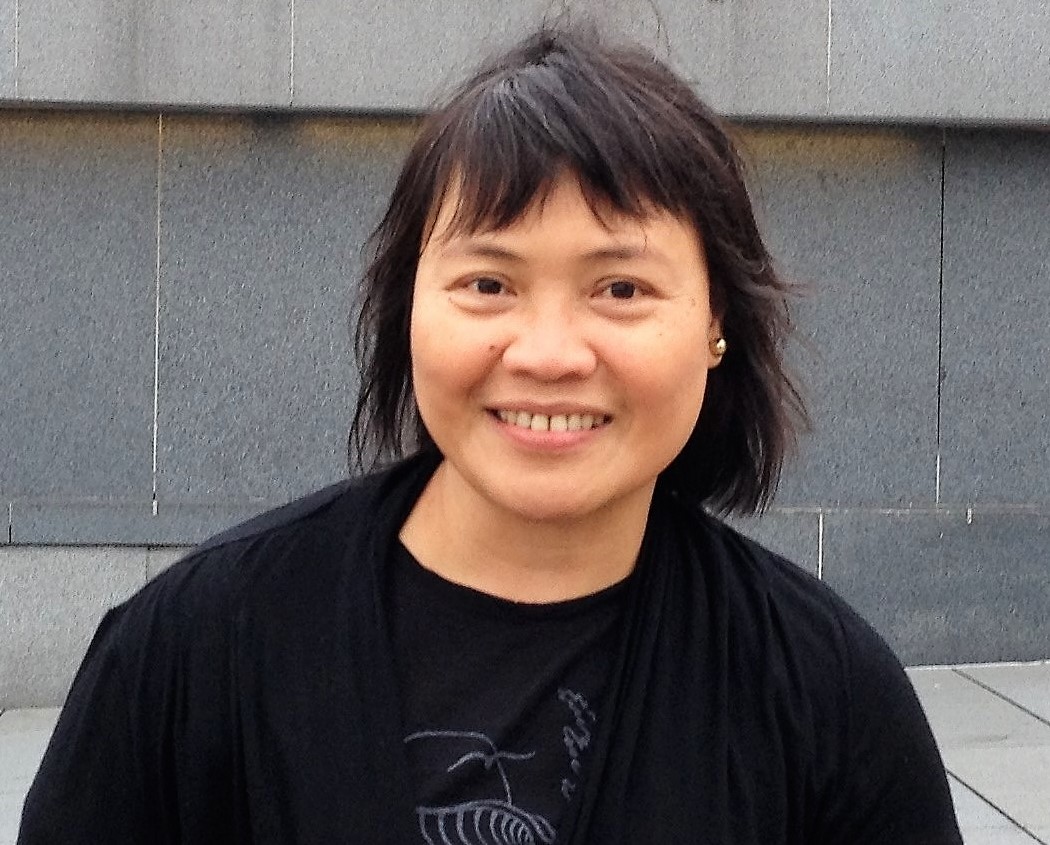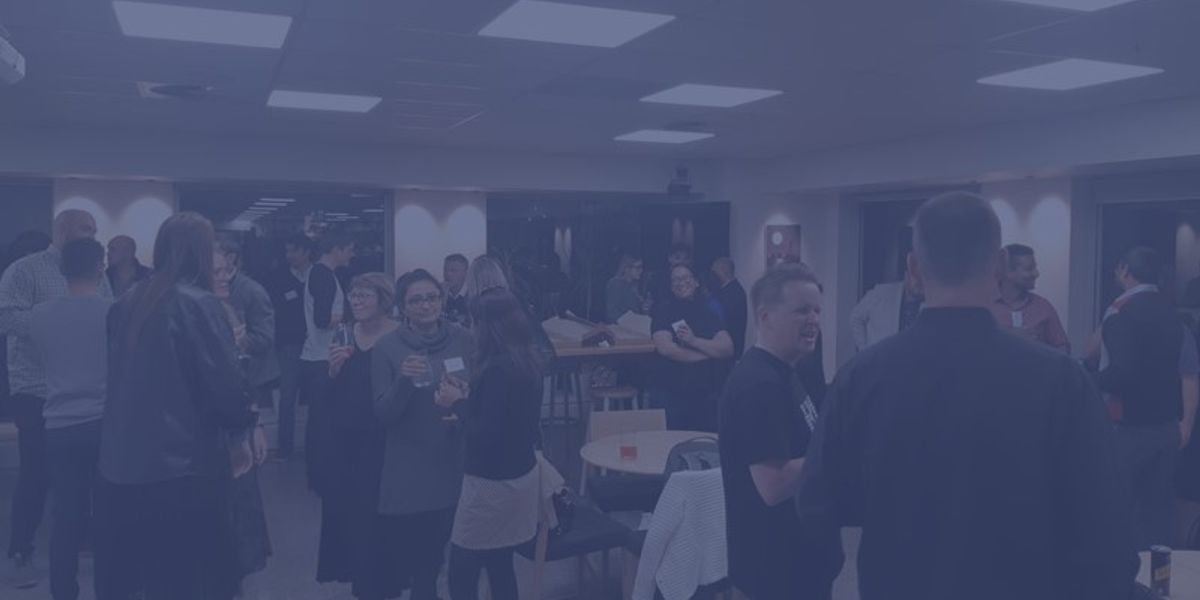Divina Paredes is a New Zealand-based writer interested in #ICTTrends #Tech4Good #DigitalWorkplace #Data4Good #Sustainability #CivilSociety #SpecialNeedsCommunity #SocialEnterprises
Reach her on Twitter: @divinap
“Listen to ideas that make you think hard, not just the ones that make you feel good, and surround yourself with people who challenge your thought process, not just the ones who agree with your conclusions.”
This call by Adam Grant, author of Think Again: The Power of Knowing What You Don't Know, could just be the anchor for business leaders during these fraught times.
“Most people need a support network, they are our biggest cheerleaders,” says Grant, professor at the Wharton School at the University of Pennsylvania. “But we also need a ‘Challenge Network’, a group of thoughtful critics who point out our blind spots, and help us see what we need to rethink.”
In his keynote at the SAS Global Forum 2021, Grant points out most people who encounter these “thoughtful critics' ' dismiss them or drop them from their network. “That closes the door to rethinking and relearning.”
“We could all benefit from thinking a bit more like scientists,” he advises. “Don’t let your ideas become your identity. Value humility over pride, curiosity over conviction and look for reasons where you might be wrong, not just the reasons why you must be right.”
For business leaders, taking on this approach is critical. “I have watched too many companies go under because leaders were good at thinking but bad at rethinking... where leaders fall in love with their visions and strategies and they fail to adapt to it until it is too late,” says Grant, citing the cases of Blackberry, Blockbuster, Kodak, Sears and Toys ‘R’ Us.
How to build your “Challenge Network’
Grant says he identifies the most thoughtful critics in his life, and informs them he considers them a founding member of his ‘Challenge Network’.
“Look for someone who understands what you are trying to contribute to the world,” he states. Ask yourself, “do I respect the integrity of somebody's thought process whether or not I agree with their conclusions?”
“I value the way you push me to think again,” he tells them. “So if you hesitate to give me any feedback because you are worried you may hurt the relationship or my feelings, don’t. The only way you can hurt me is to not tell the truth.”
He looks at the patterns of their criticisms. If four people that he trusts tell him the same thing, that is “quality criticism'' and he needs to rethink what he is doing.
He applies a similar strategy in his public talks. At the end of a presentation, for instance, he asks the first few people he sees what he could do better, by ranking his talk from 0 to 10. He will get a range of numbers, but then he also asks, “How can I get to 10? And this, he says, opens the floodgates for the thoughtful criticisms that he finds valuable in helping him get better.
He says in this rapidly changing world, now is the time to ask questions and conduct experiments. “I'd like to see more leaders say, 'Okay, what are the experiments we should be running around the future of work? Around hybrid and remote work collaboration, four-day workweek, six-hour workday?’”
His hope? “By 2021 and beyond, we will choose to do our rethinking more proactively and more deliberately.”

